New Products
-
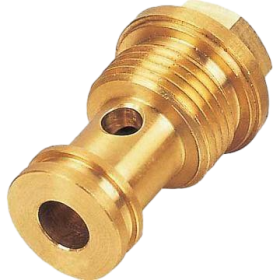
Custom Turn-Mill Combination brass parts
-
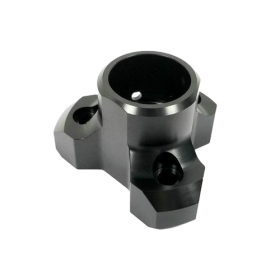
Custom Turn-Mill Combination parts
-
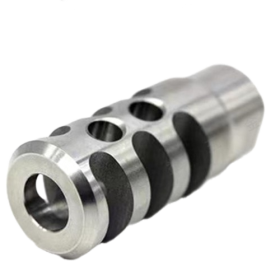
Precision CNC Turning Parts Stainless Steel shaft accessories
-
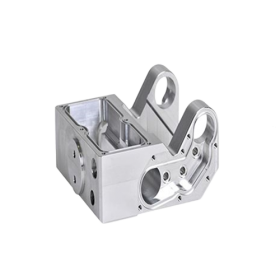
Custom CNC Milling Automated Machinery and Equipment Parts
-
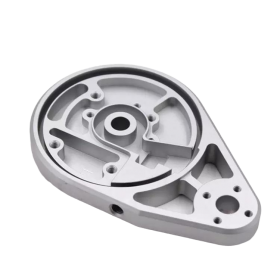
OEM/ODM Custom High Precision Metal CNC Machining/Milling/Turning Service CNC Turning Part
-
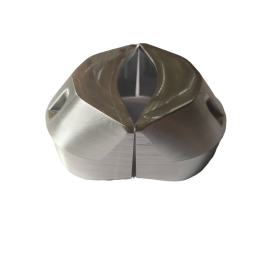
Precision CNC Milling Robotic Arm parts
What are the Advantages of CNC Precision Machining?
CNC (Computer Numerical Control) precision machining is a pivotal technology in modern manufacturing, offering unparalleled accuracy, efficiency, and versatility. This technology has revolutionized industries such as aerospace, automotive, electronics, and medical devices by enabling the production of complex parts with high precision. In this article, we will delve into the myriad advantages of CNC precision machining and how it benefits various sectors.
1. Unmatched Precision and Accuracy
CNC precision machining is renowned for its ability to produce parts with exceptional accuracy and tight tolerances. The technology uses computer-aided design (CAD) and computer-aided manufacturing (CAM) software to control machine tools, ensuring that each part is produced to exact specifications. This level of precision is crucial for industries where even the smallest deviations can lead to significant issues, such as in aerospace and medical device manufacturing.
Key Points:
· High Tolerance Levels: CNC machines can achieve tolerances as tight as ±0.001 inches, making them ideal for producing intricate and complex parts.
· Consistency: Once programmed, CNC machines can replicate the same part with consistent quality and precision, reducing the risk of human error.
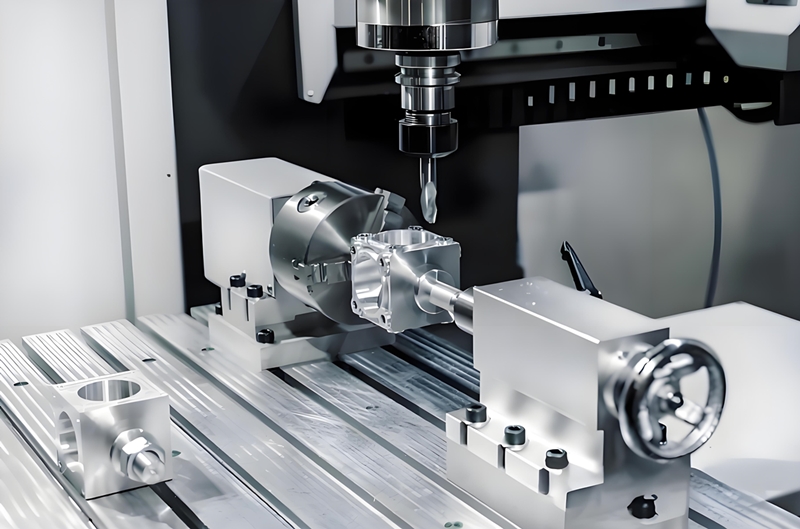
2. Enhanced Efficiency and Productivity
CNC machining significantly enhances production efficiency. The automation of the machining process means that once the machine is programmed, it can run unattended, allowing operators to focus on other tasks. This leads to higher throughput and reduced production times.
Key Points:
· Automation: CNC machines can operate 24/7 with minimal supervision, increasing overall productivity.
· Speed: The integration of high-speed machining capabilities enables faster production cycles, reducing lead times for complex parts.
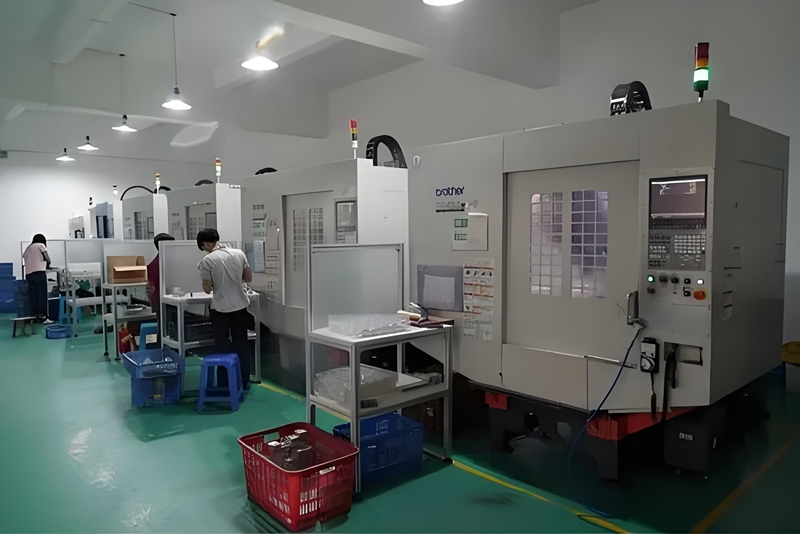
3. Flexibility and Versatility
CNC precision machining is highly versatile, capable of producing a wide range of parts from various materials. Whether it’s metals like aluminum and stainless steel, or plastics like Delrin and ABS, CNC machines can handle it all. This flexibility makes CNC machining suitable for both prototyping and full-scale production.
Key Points:
· Material Variety: CNC machines can work with metals, plastics, composites, and even advanced materials like titanium and Inconel.
· Complex Geometries: CNC machining can produce complex shapes and intricate details that would be challenging or impossible with traditional machining methods.
4. Cost-Effectiveness
While the initial investment in CNC machines can be significant, the long-term cost savings are substantial. The automation and precision of CNC machining reduce waste and rework, leading to lower overall production costs. Additionally, the ability to produce parts in-house reduces the need for outsourcing, saving time and money.
Key Points:
· Reduced Waste: Precise material removal minimizes waste, leading to cost savings on raw materials.
· Lower Labor Costs: Automation reduces the need for manual labor, lowering production costs.
5. Improved Safety
CNC machining enhances workplace safety by minimizing human intervention in the machining process. The automated nature of CNC machines means that operators are not exposed to the hazards associated with manual machining, such as sharp tools and heavy machinery.
Key Points:
· Reduced Risk: Automation keeps operators away from dangerous moving parts and sharp tools.
· Safety Features: Modern CNC machines are equipped with advanced safety features, including automatic shut-offs and emergency stop buttons.
6. Scalability
CNC precision machining offers excellent scalability, making it suitable for both small-scale production and large-scale manufacturing. This scalability ensures that businesses can easily ramp up production to meet increasing demand without compromising on quality.
Key Points:
· Prototyping to Production: CNC machining is ideal for rapid prototyping as well as mass production, providing flexibility to adapt to changing production needs.
· Consistent Quality: High precision and repeatability ensure consistent quality across large production runs.
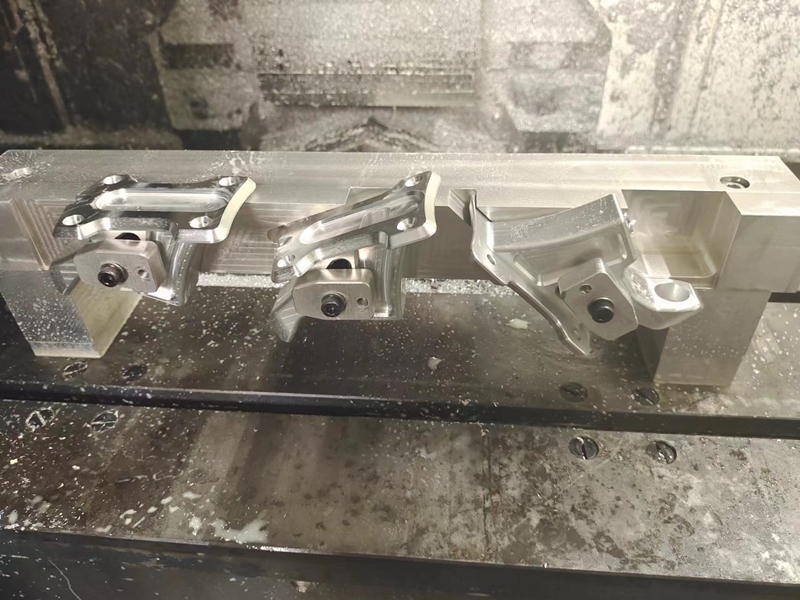
7. Ease of Replication
One of the significant advantages of CNC machining is the ease of replicating parts. Once a part design is programmed into the CNC machine, it can be reproduced indefinitely with the same precision and accuracy. This is particularly beneficial for industries that require high volumes of identical parts.
Key Points:
· Digital Storage: CAD/CAM files can be stored digitally, allowing for easy retrieval and replication of part designs.
· Batch Production: CNC machines can produce large batches of identical parts without variation, ensuring uniformity and quality.
8. Integration with Modern Manufacturing Technologies
CNC precision machining is highly compatible with other modern manufacturing technologies, such as additive manufacturing (3D printing) and advanced robotics. This integration enables manufacturers to leverage the strengths of different technologies to optimize production processes and achieve superior results.
Key Points:
· Hybrid Manufacturing: Combining CNC machining with 3D printing allows for the production of complex parts with both subtractive and additive processes.
· Robotic Automation: Integrating CNC machines with robotic systems enhances automation and efficiency, further streamlining production.
9. Sustainability
CNC machining contributes to sustainable manufacturing practices. The precision of CNC machines reduces material waste, and the ability to produce parts in-house decreases the carbon footprint associated with transportation and logistics.
Key Points:
· Material Efficiency: Precision machining minimizes scrap and optimizes material usage.
· Energy Efficiency: Modern CNC machines are designed to be energy-efficient, reducing overall energy consumption.
Conclusion
CNC precision machining offers numerous advantages that make it an indispensable technology in modern manufacturing. Its unmatched precision, efficiency, flexibility, and scalability make it ideal for producing high-quality parts across various industries. By investing in CNC machining, businesses can achieve higher productivity, reduce costs, and stay competitive in an ever-evolving market.
As technology continues to advance, CNC precision machining will undoubtedly play a crucial role in shaping the future of manufacturing. By embracing this technology, companies can unlock new possibilities and drive innovation in their production processes.
If you have any thoughts or experiences with CNC precision machining, feel free to share them in the comments. Let's discuss how this incredible technology is transforming the manufacturing landscape!


 Evan Xiao
Evan Xiao